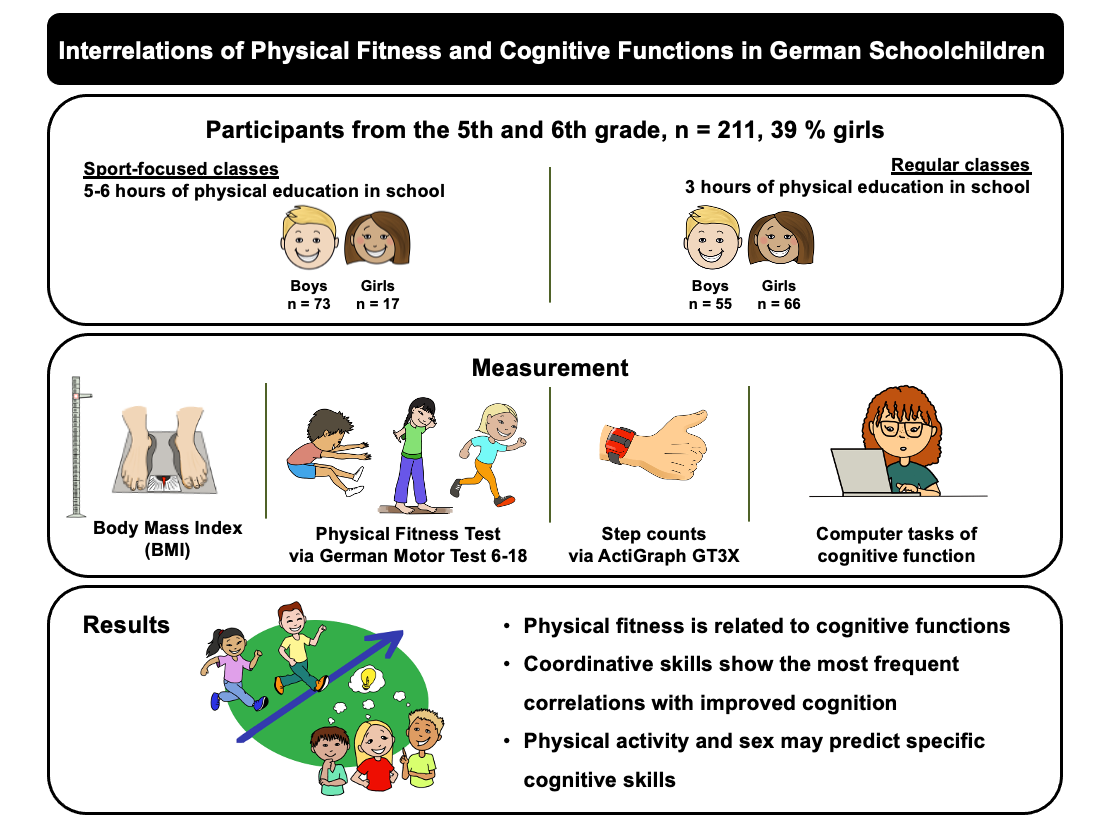Introduction
Maintaining prostate health is crucial for men’s overall well-being, yet it’s often overlooked until problems arise. Fortunately, with the right strategies and expert guidance, men can take proactive steps to support their prostate health and reduce the risk of complications.
Understanding Prostate Health
The prostate gland plays a vital role in the male reproductive system, producing seminal fluid that nourishes and transports sperm. As men age, the prostate may become enlarged, leading to issues such as urinary difficulties, discomfort, and increased risk of conditions like benign prostatic hyperplasia (BPH) or prostate cancer.
Eating for Prostate Health
Diet plays a significant role in prostate health. Incorporating foods rich in antioxidants, vitamins, and minerals can help reduce inflammation and support overall prostate function. Focus on consuming a variety of fruits, vegetables, whole grains, lean proteins, and healthy fats, while limiting intake of processed foods, red meat, and high-fat dairy products.
Regular Exercise and Physical Activity
Regular exercise is not only essential for maintaining a healthy weight but also for supporting prostate health. Engaging in aerobic activities such as walking, jogging, swimming, or cycling can help improve circulation, reduce inflammation, and lower the risk of prostate-related issues. Aim for at least 30 minutes of moderate-intensity exercise most days of the week.
Maintaining a Healthy Weight
Being overweight or obese is associated with an increased risk of prostate problems, including BPH and prostate cancer. By maintaining a healthy weight through a balanced diet and regular exercise, men can reduce the strain on their prostate gland and lower their risk of developing complications.
Prostate Screening and Monitoring
Regular prostate screenings are essential for early detection of potential issues. Men should discuss their risk factors and screening options with their healthcare provider, including prostate-specific antigen (PSA) tests and digital rectal exams (DREs). Monitoring changes in urinary habits, sexual function, or any unusual symptoms is also crucial for maintaining prostate health.
Managing Stress and Mental Health
Chronic stress can negatively impact prostate health and overall well-being. Finding healthy ways to manage stress, such as meditation, yoga, deep breathing exercises, or spending time in nature, can help reduce inflammation and support prostate function. Prioritizing mental health and seeking support when needed is essential for overall wellness.
Limiting Alcohol and Tobacco Use
Excessive alcohol consumption and tobacco use have been linked to an increased risk of prostate problems, including cancer. Limiting alcohol intake and avoiding tobacco products can help protect the prostate and reduce the risk of complications. Instead, focus on adopting healthy lifestyle habits that promote overall well-being.
Supplementing Wisely
Some supplements may offer additional support for prostate health, although research on their effectiveness is mixed. Men should consult with their healthcare provider before starting any new supplements, as some may interact with medications or have adverse effects. Common supplements for prostate health include saw palmetto, beta-sitosterol, and lycopene.
Maintaining Regular Health Checkups
In addition to prostate screenings, men should schedule regular health checkups with their healthcare provider to monitor overall wellness and address any concerns. Routine visits allow for early detection and intervention of potential health issues, promoting long-term prostate health and overall well-being.
Conclusion
Maintaining prostate health is essential for men’s overall quality of life. By adopting a proactive approach that includes healthy lifestyle habits, regular screenings, and open communication with healthcare providers, men can support their prostate health and reduce the risk of complications. With the right strategies and expert guidance, men can prioritize their well-being and enjoy optimal prostate health for years to come. Read more about healthy prostate tips






